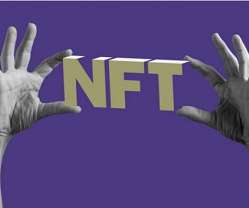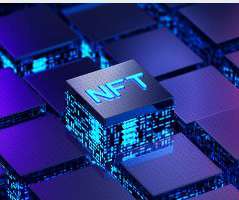The Rise of NFTs and Its Legal Complications
IP and Legal Filings
AUGUST 13, 2022
NFT stands for Non-Fungible Tokens. Crypto is fungible i.e., they can be traded; one for another however, NFTs are unique, and one can’t be equal to another. This whole process of commercially buying unique digital art in the form of non-fungible tokens is based on a public ledger called the Ethereum blockchain.











Let's personalize your content